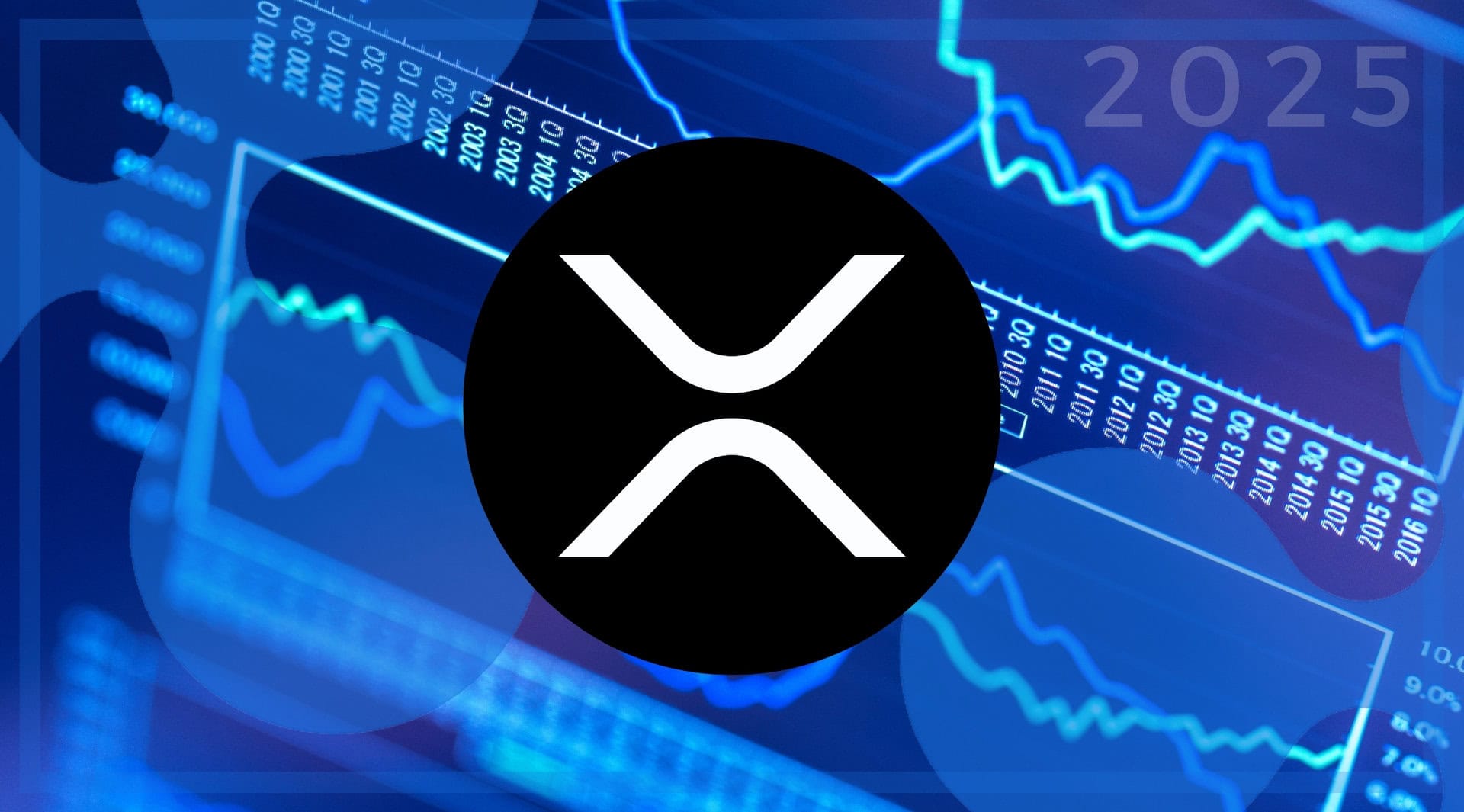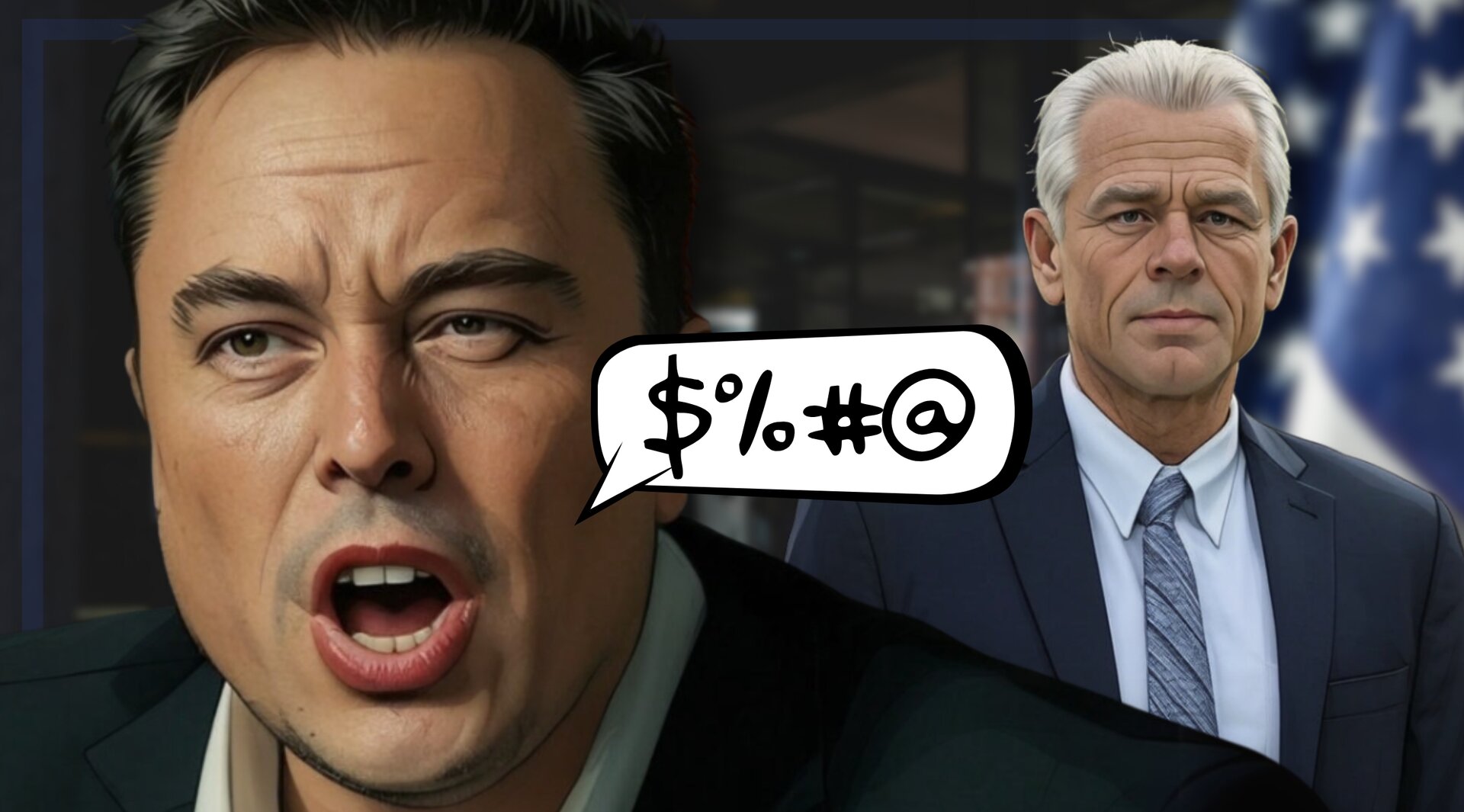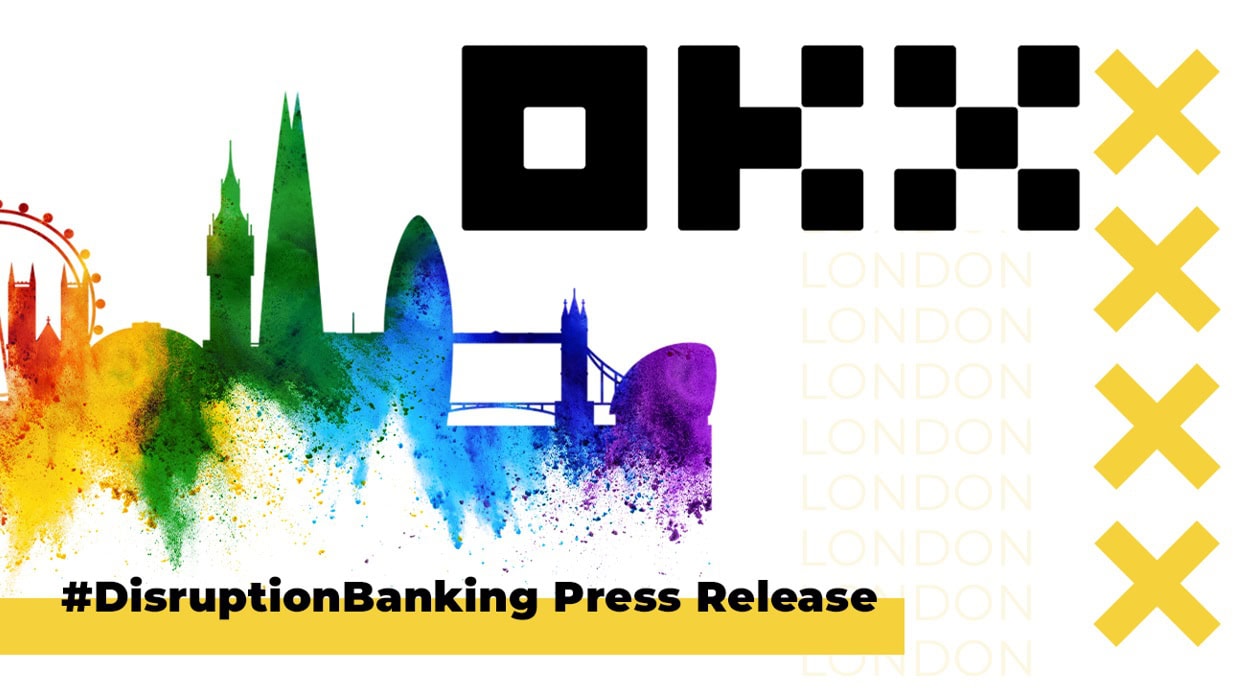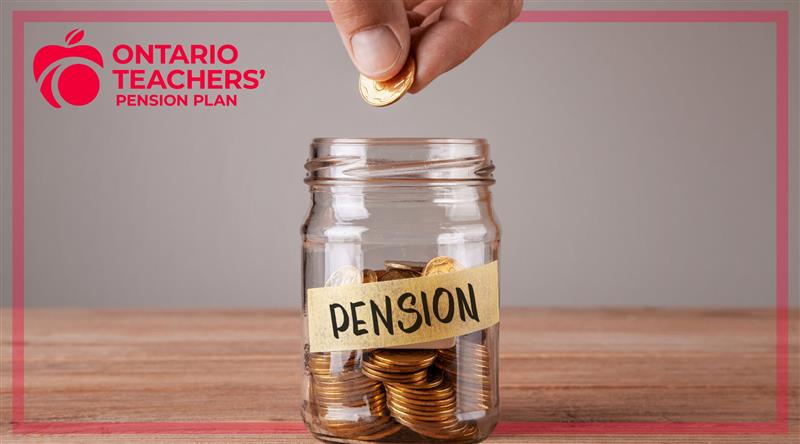Former US President Donald Trump has been embroiled in a series of windy legal battles since leaving the White House. In the latest chapter of this unending drama, Trump found himself at loggerheads with the State of New York, where a civil fraud trial concluded in September last year resulted in a verdict that he had engaged in financial fraud. Trump is accused of inflating the value of his assets, including key properties in his expansive real estate empire such as the Mar- a-Lago resort in Florida, to secure bank loans and other financing on favorable terms.
The ruling in this particular case has sparked diverse reactions not only among Trump’s fellow politicians, but also within business and finance circles in the US. Trump was ordered to pay a staggering amount of around $355 million, with Judge, Arthur Engoron also cancelling several of his business certificates and ordering the dissolution of Trump-related LLCs.
Although the attorney general agreed to pause the cancellation of Trump’s business certificates, and Trump is actively appealing the ruling in court, the case has nonetheless sent ripples through New York’s business community. Some influential investors are echoing Trump’s claims that the city is treating businesses “unfairly.”
Kevin O’Leary, the renowned Shark Tank star, said in February he would cease all investments in the state due to the recent verdict on Trump’s civil fraud case. New York real estate guru Grant Cardone swiftly followed suit, announcing that his firm, Cardone Capital, would no longer back New York real estate venture
“Immediately discontinue ALL underwriting on New York City real estate,” Cardone noted in a post on X directed to his firm, noting that Texas and Florida offered a more conducive business environment. On his part, O’Leary didn’t mince words, labeling New York as a “loser state.” Speaking to Fox Business, he stated he “would never invest in New York now, and I’m not the only person saying that.”
Kevin O’Leary says he will no longer invest in "loser" New York after Trump verdict https://t.co/dZ2hE0hAlL pic.twitter.com/5PnYUVDeSe
— The Hill (@thehill) February 20, 2024
Dramatic Claim About Stock Exchange
Never one to pass up the opportunity to score political points, Trump is now taking his battle against the State of New York a notch higher by saying that people don’t want to go on the New York Stock Exchange (NYSE) because of how the state is treating businesses.
Speaking after the recent NASDAQ listing of Trump Media & Technology Group, which owns the Truth Social platform, Trump remarked that: “Truth Social is doing well. It’s hot as a pistol. It’s going public. The New York Stock Exchange wants to have us badly. I told them we can’t do the NYSE, you’re treated too badly in New York…The people at the stock exchange are very upset about it. The top person is mortified.”
Here’s the issue with Trump’s dramatic claim: the stock exchange where the Trump Media & Technology Group is being listed, the Nasdaq, is also based in New York. Interestingly, both the Nasdaq and the New York Stock Exchange (NYSE) are situated in the same borough of New York City—Manhattan. Essentially, all the New York laws and political regulations that would have affected the company if it were listed on the NYSE will equally apply now that it’s listed on the Nasdaq.
Trump’s claims about the NYSE are just plain “nonsensical,” according to Jonathan Macey, a Yale Law School corporate law, corporate finance and securities law professor. “I hope somebody advising President Trump informs him that the same investor protection rules that safeguard investors of the New York Stock Exchange also safeguard investors on the Nasdaq Stock Market.”
A NYSE spokesperson declined to speak to the media about Trump’s account of the supposed conversation. The spokesperson did say the exchange would welcome Trump’s company if it declared an interest to list.
Trump social media company Truth Social surges in Nasdaq debut
— FRANCE 24 (@FRANCE24) March 26, 2024
➡️ https://t.co/r3AGxZPbr8 pic.twitter.com/fZTqv5yCO6
Cashing In On Truth Social’s Overvaluation
Curiously, the ever-lamenting and blusterous Trump – who now chairs and holds the majority of shares in Truth Social’s parent company trading under the ticker symbol DJT – is not complaining about the windfall he made from the listing. After the transaction was announced, Bloomberg reported that Trump’s net worth skyrocketed by $4 billion thanks to DJT stock’s impressive surge.
Previously, this stock was traded as a special acquisition company (SPAC). The market’s valuation of the SPAC post-deal has surged more than threefold since January, handing Trump billions in paper profits. As part of the deal, Trump will hold between 58.1% and 69.4% ownership in the combined company, contingent on investor support.
While DJT’s stock value initially soared, the clock is ticking for Trump to capitalise on this inflated stock price. It doesn’t take much analysis to conclude that the shares risk falling sharply. Here’s the financial snapshot of the company:
- Market Cap: A hefty $6.3 billion.
- Revenues: A meager $4.61 million.
- Assets: Virtually nonexistent.
- Cash Reserves (as of Dec 2023): $311 million, but weighed down by a liability of $374.9 million.
The numbers don’t lie. Trump’s company is grossly overvalued. Although it is currently riding a wave of speculative enthusiasm, albeit one which appears to be being corrected, its shaky fundamentals should raise eyebrows of rational investors who don’t want to part with their money.
Moreover, Truth Social, the platform under Trump’s umbrella, has a limited user base in the low millions. Expansion beyond Trump’s loyal following in the US therefore seems improbable, dimming prospects of monetisation for the foreseeable future.
The Cold, Hard Facts
Based on these factors, DJT stock is a plain high-risk investment. The risk of the share price declining, along with Trump’s newly minted wealth, is likely to materialise if there are no concrete positive developments in the underlying business. Indeed, while the stock surged in its opening trading sessions, it has fallen steeply in recent days, with the share price almost halving since its March peak.
Investors should focus on the cold, hard facts regarding a company’s financial conditions, business operations, and its potential to rake in earnings down the road. A company with too few assets and sales too uncertain to back up its debt (as is the case with DJT stock) is mostly always a poor investment over the long-term.
Trump may be many things, depending on who you ask, but unintelligent isn’t one of them. Ever the opportunist, there’s no ruling out the possibility that he could be looking to offload his shares in DJT in the coming weeks and months to cash in on the inflated valuation of the stock and raise cash. Given how overvalued the stock is, Trump must decide swiftly: cash in or risk losing the windfall.
The 77-year-old billionaire has always been synonymous with wealth and luxury. Yet, the allure of more money at this point in his campaign is understandable, especially given his ongoing legal battles and hefty fines—running into the hundreds of millions of dollars—across various U.S. courts.
The most expedient move for Trump would be to sell his inflated DJT shares and raise the cash to fight for his freedom in the courts. However, there’s a catch. News of such a transaction could send the stock plummeting, leaving bullish investors who cling to hope that Trump’s involvement will sustain the lofty valuation in a precarious position.
BREAKING: Trump ordered to pay $364 million in civil fraud trial, barred from running business in New York for three years https://t.co/ejJGQeRFSR
— MSNBC (@MSNBC) February 16, 2024
Real Gamble
Investing in DJT stock, the Trump-controlled company behind Truth Social, is a real gamble. The stock has soared in the past few weeks following its debut as public company, but the fundamentals are shaky, making it risky for Trump and investors alike. Trump, no stranger to risk, has gambled before and emerged victorious.
As he eyes a return to the White House, Trump faces a long and challenging journey. His clashes with the State of New York serve as a stark reminder of the formidable power wielded by the U.S. judicial system—even for one of the most controversial and influential figures of our times.
Author: Acutel
We are global investors who invest in good companies at fair valuation and speculate on all else subject to the risk exposure we can afford.
The editorial team at #DisruptionBanking has taken all precautions to ensure that no persons or organisations have been adversely affected or offered any sort of financial advice in this article. This article is most definitely not financial advice.














